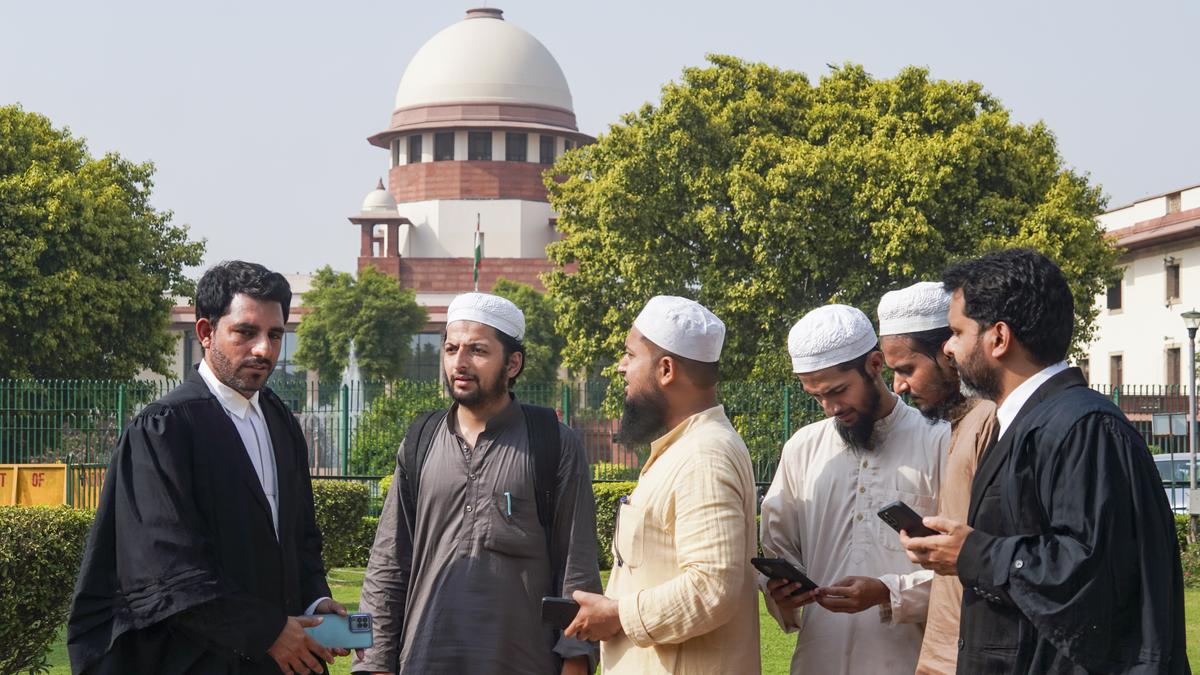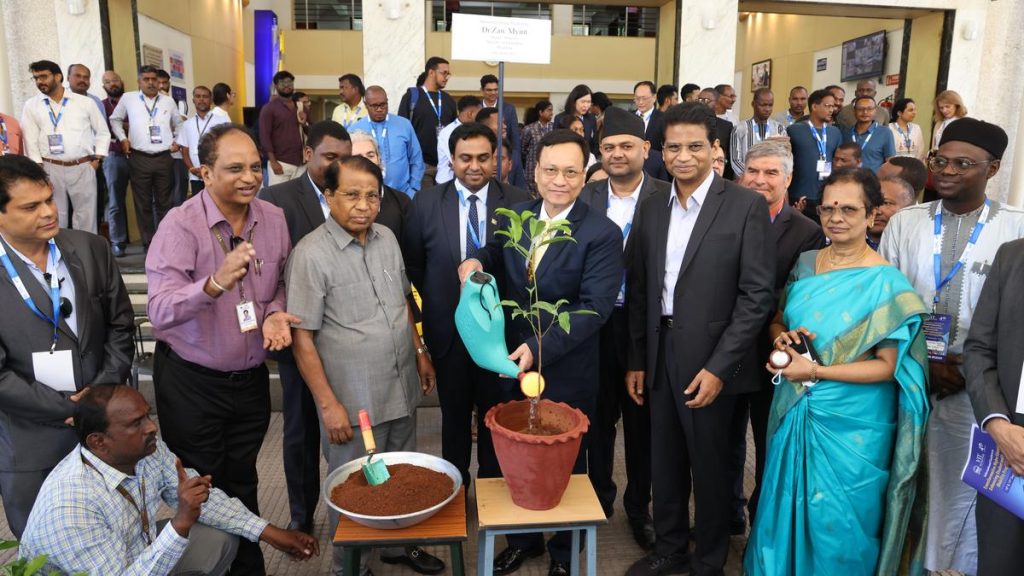Now Reading: Supreme Court’s Interim Order: Decoding Its Impact on 2025 Waqf Law
-
01
Supreme Court’s Interim Order: Decoding Its Impact on 2025 Waqf Law
Supreme Court’s Interim Order: Decoding Its Impact on 2025 Waqf Law

Rapid Summary
- The Supreme Court declined to suspend the Waqf (Amendment) Act, 2025, in its entirety but stayed contentious provisions pending further judicial review.
- Stayed provisions include:
– Empowering District Collectors to decide waqf property ownership disputes and altering revenue records.
– Requirement for practicing Islam for a minimum of five years before creating waqf properties without an official procedure to verify religiosity.
– Limiting non-Muslims’ participation in waqf Boards and councils (capped at 3 members on State Boards and 4 on the Central Council).
- provisions allowed to operate:
– Decrecognition of “waqf by user” doctrine that deemed land waqf without formal registration.
– Mandating central digital registration of waqf properties for clarity.
– applicability of the Limitation Act, enabling reclaiming encroached waqf land within a uniform timeframe.
Legal debate includes concerns about potential state control over religious affairs and erosion of minority rights under Articles 26 and Article 30 of the Indian Constitution.
Indian Opinion Analysis
The interim ruling strikes a balance between addressing governance concerns raised by mismanagement allegations surrounding waqf properties while respecting constitutional safeguards on religious freedoms. By staying contentious provisions like vesting title-related powers with District Collectors, it reinforces principles like separation of powers and judiciary’s primacy over ownership disputes. Though, allowing certain aspects such as removing “waqf by user” may alter traditional property jurisprudence significantly-perhaps restricting ancient practices tied to charitable donations within Muslim communities.
As debates persist about inclusivity versus autonomy in managing religious assets, India stands at a crossroads: balancing transparency reforms with protecting the essence of minority-community institution management-a task fraught with legal complexity. The final verdict will likely clarify these tensions further.
























